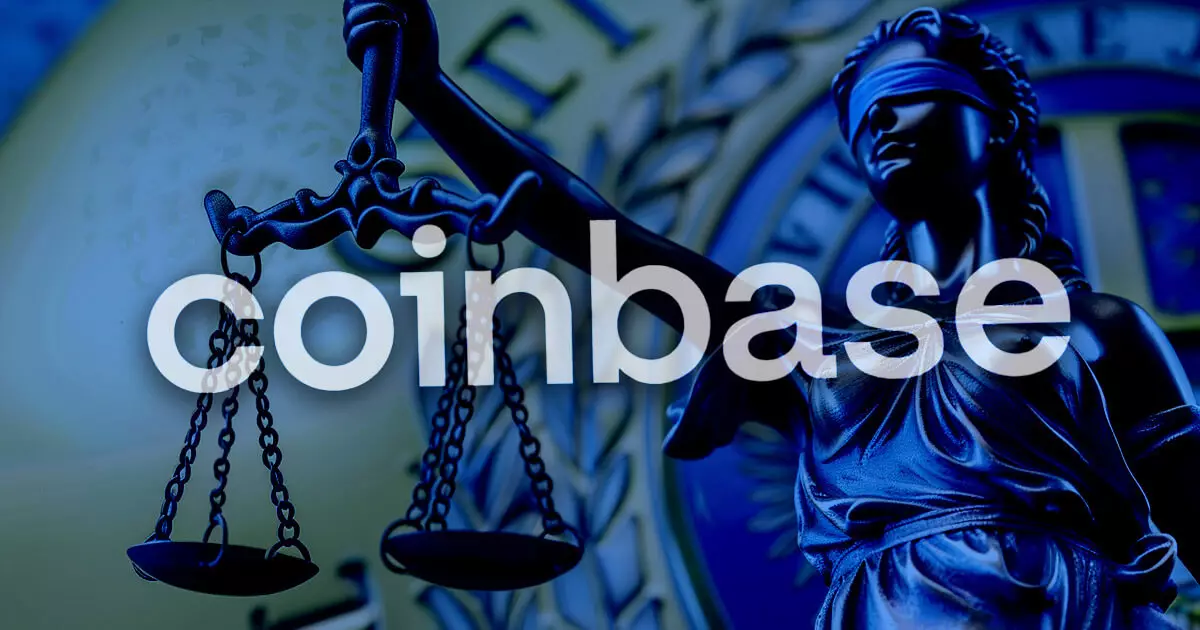In a notable move, Coinbase has initiated a partial summary judgment in its ongoing legal confrontation with the U.S. Securities and Exchange Commission (SEC). This lawsuit has crucial implications for both the cryptocurrency industry and the regulatory framework surrounding it. Central to the case is Coinbase’s demand for access to internal SEC documents that potentially reveal the regulator’s enforcement strategies related to the cryptocurrency market. This situation has emerged in the context of the SEC denying information requests under the Freedom of Information Act (FOIA) from History Associates, an agency Coinbase commissioned to clarify the SEC’s position on digital assets.
Initially, the SEC invoked FOIA Exemption 7(A), a provision designed to protect documents related to ongoing law enforcement activities. However, in a surprising twist, the SEC later admitted that the exemption might not consistently apply to the documents in question. Despite this acknowledgement, the regulator proposed a lengthy three-year delay to re-evaluate the relevance of these documents, claiming careful review is necessary. This has led to Coinbase’s assertion that such delays are unwarranted, further indicating a lack of transparency on the SEC’s part.
History Associates, representing Coinbase, has been vocal about these delays, stressing the need for timely access to information that could illuminate the SEC’s approach to supervision of the burgeoning crypto sector. In response to ongoing frustration, Coinbase has suggested a “two-track” review strategy, prioritizing the examination of internal SEC communications first, while postponing the consideration of third-party records. This strategic shift highlights the urgency felt by Coinbase and its affiliates regarding the unclear regulatory landscape.
At the heart of the legal proceedings lies a pressing issue: the lack of clarity surrounding which cryptocurrency tokens may be classified as securities. The SEC’s current framework could be seen as vague, leaving many in the industry uncertain about compliance and regulatory expectations. The case also delves into specific instances of regulatory scrutiny, such as a FOIA request made in July 2023, which sought insight into Ethereum’s transition to a proof-of-stake consensus mechanism. Moreover, a subsequent filing in August aimed to gather information related to the SEC’s prosecution of Zachary Coburn, the EtherDelta founder, who was charged with operating an unregistered national securities exchange.
Coinbase’s lawsuit signifies more than just a quest for internal documents; it embodies a larger challenge to the SEC’s regulatory authority over digital assets. Many within the cryptocurrency arena are voicing concerns that the SEC’s approach represents an overreaching grasp of power, stifling innovation and efficiency in an industry that thrives on adaptability and decentralized governance.
As the legal battle unfolds, the outcome of Coinbase’s motion for partial summary judgment and its implications on the assessment of cryptocurrency regulation will not just affect Coinbase, but could set a precedent for other firms in the blockchain space. The case also reflects a growing tension between cryptocurrency innovators and traditional regulatory frameworks, indicating the necessity for a revised, more coherent approach to digital asset regulation. In the coming months, stakeholders will closely monitor the developments of this case, as its implications could reverberate throughout the entire cryptocurrency landscape.













